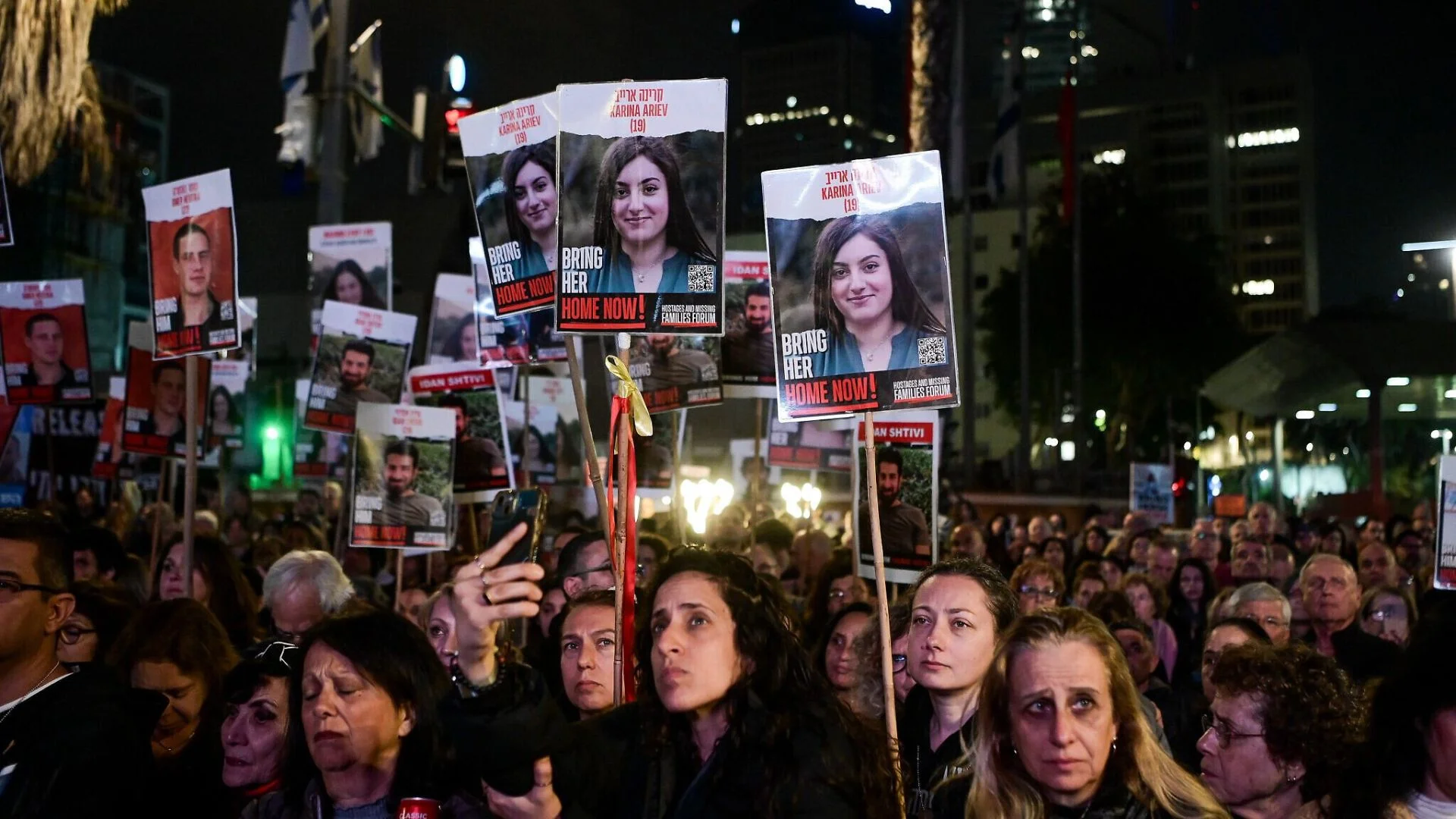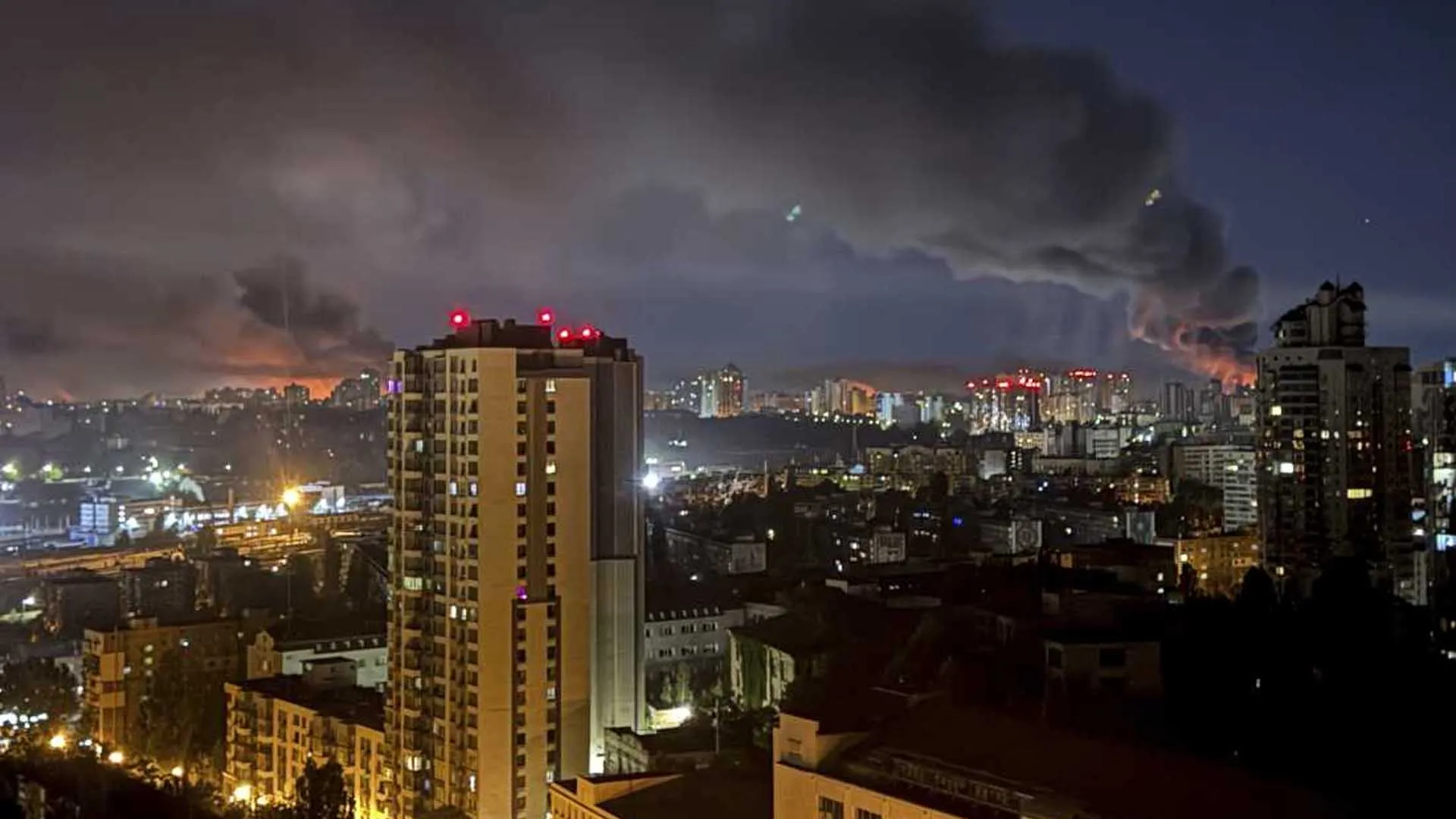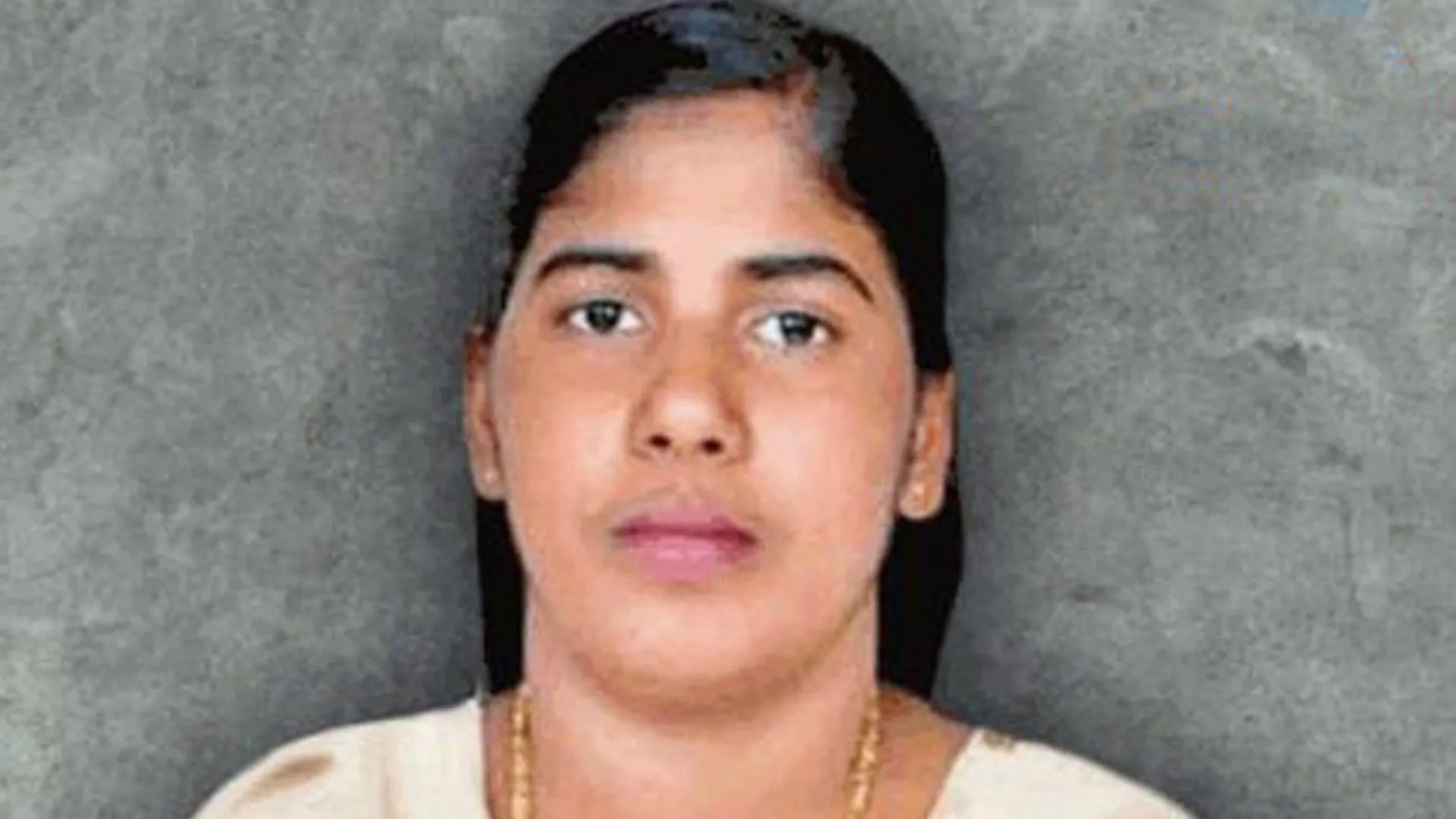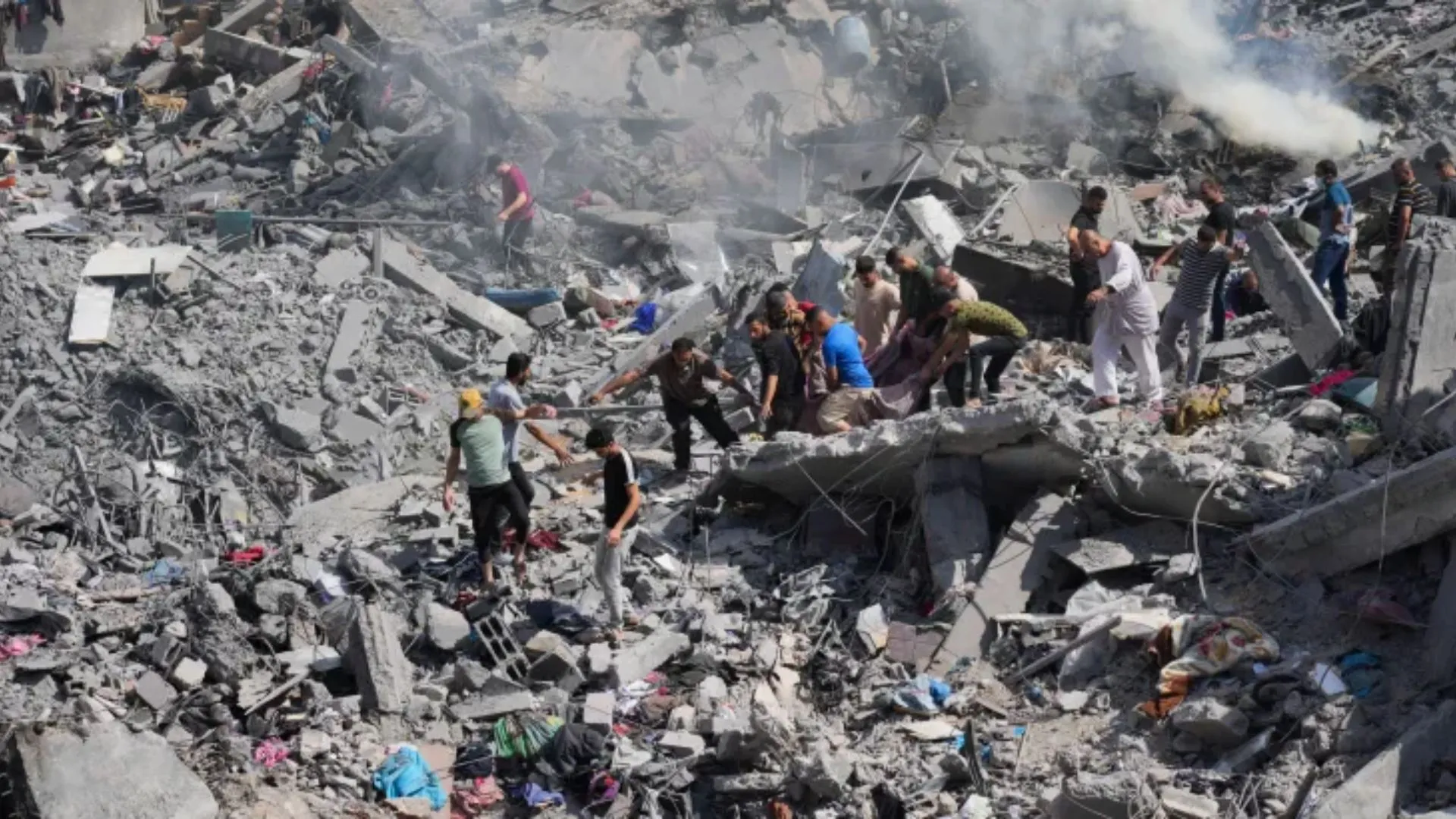Iran held a grand state funeral on Saturday for more than 60 top military officials and nuclear experts who were slain during Israel’s recent Operation Rising Lion. The dignified procession started at 8:00 a.m. local time in the capital, Tehran, as the country closed offices and shops to pay their respects to the deceased.
Crowds of people, dressed in black, had gathered in Islamic Revolution Square, waving national flags and carrying the photographs of the victims. State television showed images of coffins covered with Iranian flags, placed close to Enghelab Square in central Tehran. Each coffin had the image of a dead commander in uniform.
President Masoud Pezeshkian, Foreign Minister Abbas Araghchi, and other high-ranking government and military officials were at the ceremony. Yet, there was no initial appearance of Supreme Leader Ayatollah Ali Khamenei, whose attendance has been the norm in previous state funerals. In earlier ceremonies, Khamenei led prayers over the coffins before public observances.
Senior Officials of Iran Among the Deceased
Among them was buried Gen. Mohammad Bagheri, Iran Armed Forces Chief of Staff, who passed away during the first Israeli airstrikes. Officials will lay Bagheri to rest alongside his wife and daughter, who also died in the attack.
Another high-ranking casualty was Gen. Hossein Salami, the commander of the Islamic Revolutionary Guard Corps (IRGC). Israeli missiles killed him when they struck the IRGC headquarters on the first day of the conflict. Thousands of mourners widely attended his funeral during the day’s ceremonies.
The funeral also paid tribute to nuclear physicist Dr. Mohammad Mehdi Tehranchi, who was among those killed in the airstrikes along with his wife. Tehranchi had once held key positions in Iran’s nuclear research community.
Quds Force commander Gen. Esmail Qaani and former chief of national security Ali Shamkhani were also present at the funeral ceremonies, further emphasizing the extent of the loss incurred by Iran’s military establishment.
Casualties of Operation Rising Lion
The collective funeral comes after a frenetic two weeks of heavy Israeli airstrikes, where Israel said it had killed 30 high-ranking Iranian military officials and 11 nuclear experts. Israeli statements said the operation destroyed eight nuclear sites and more than 720 military targets.
Officials announced a ceasefire on Tuesday after the 12-day military assault. Independent observers, including the Washington-based Human Rights Activists group, documented more than 1,000 fatalities in the fighting, at least 417 of them civilians.
Iran has promised revenge and is still weighing its strategic and military options in the wake of the unprecedented losses. For the moment, the nation bids farewell to some of its leading guardians and nuclear brains, laid to rest with a full state ceremony.























